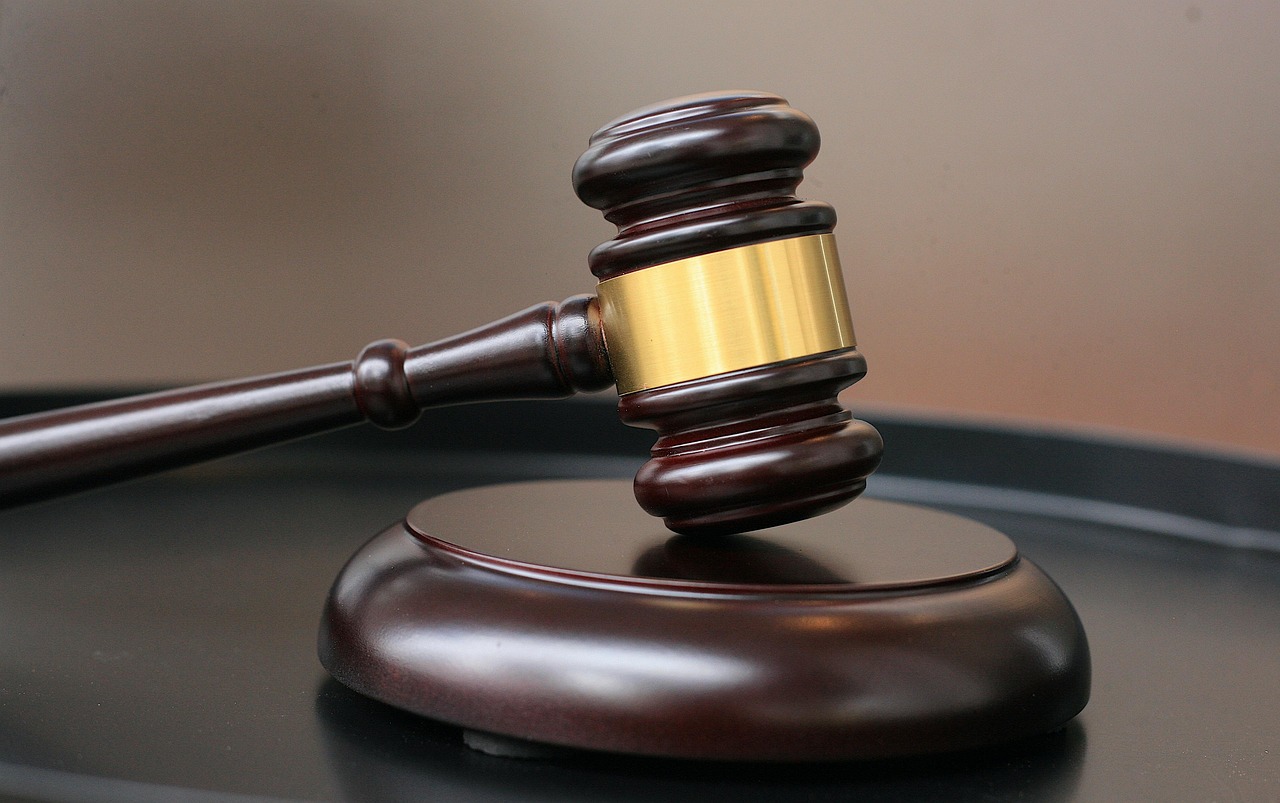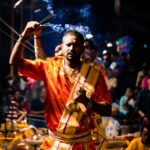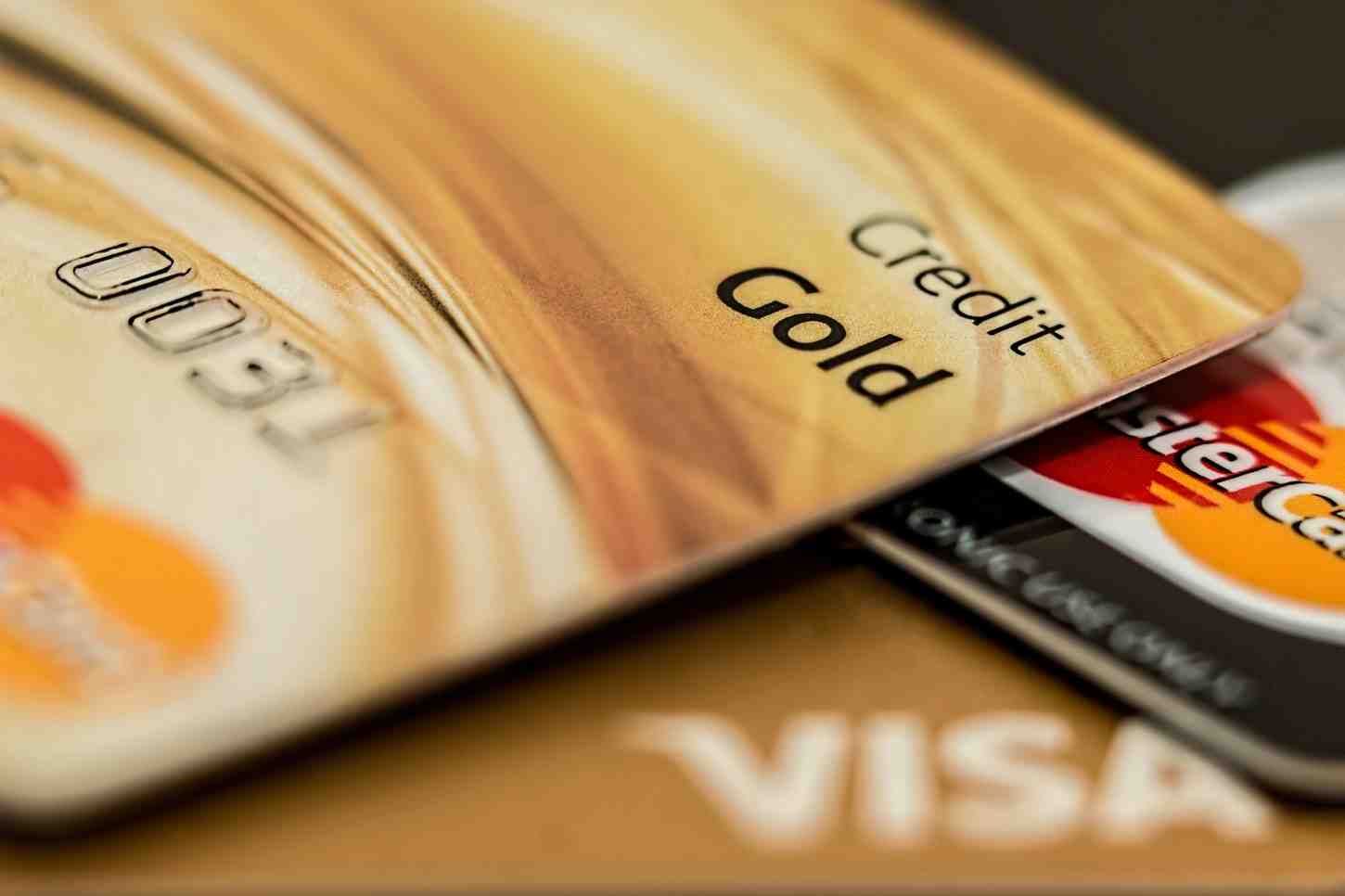
When Democratic Elections Aren’t Enough: The Role of Civil Liberties in India
- admin
- October 11, 2025
- Capital Journal, Legal
- 0 Comments
New Delhi, India, 2025 — Free and fair elections are often seen as the cornerstone of democracy, but are they sufficient to ensure true democratic governance? In India, while elections provide a platform for the people’s voice, the erosion of civil liberties—including freedom of speech, press, and assembly—raises critical questions about the health of the world’s largest democracy.
This article explores the interplay between democratic elections and civil liberties in India, emphasizing why the latter is indispensable for a thriving democracy.
The Essence of Civil Liberties in Democracy
Civil liberties form the bedrock of democratic governance, ensuring that citizens can freely express their views, hold authorities accountable, and participate meaningfully in public life. Without robust protections for these freedoms, elections risk becoming a superficial exercise rather than a genuine expression of the people’s will.
Key Civil Liberties in India’s Constitution
- Article 19: Guarantees freedom of speech, expression, and assembly.
- Article 21: Protects the right to life and personal liberty.
- Article 25: Ensures freedom of religion.
However, these liberties have faced challenges in recent years, sparking debates about their diminishing scope in the face of political and economic pressures.
Challenges to Civil Liberties in India
1. Press Freedom Under Pressure
- Fact: India ranked 150th on the World Press Freedom Index (2024), highlighting concerns over journalistic independence.
- Example: Investigative reporting on corruption and governance has led to legal harassment and threats against journalists.
- Impact: A controlled press limits citizens’ access to unbiased information, undermining their ability to make informed electoral choices.
2. Internet Shutdowns and Protest Suppression
- Fact: India leads the world in internet shutdowns, with over 150 instances reported in 2024 (Access Now).
- Example: During the farmers’ protests (2020–21) and subsequent agitations, internet blackouts and police crackdowns were widely criticized.
- Impact: Curtailing communication channels during protests stifles dissent, a crucial component of democratic accountability.
3. Surveillance and Privacy Concerns
- Example: The increasing use of Aadhaar-linked surveillance and facial recognition technologies has raised alarms about privacy violations.
- Data: A Ministry of Home Affairs (2024) report showed a 40% increase in state surveillance activities over five years.
- Controversy: Critics argue that surveillance disproportionately targets activists and minority communities, chilling free expression.
Elections Without Civil Liberties: A Democracy in Name Only
1. Limited Political Representation
Without civil liberties, elections often fail to reflect the true will of the people.
- Example: The dominance of two major parties in the 2024 General Elections, backed by significant corporate funding, left limited space for smaller, grassroots movements.
- Impact: Voters lack diverse options, reducing the scope of genuine representation.
2. Polarized and Misinformed Electorates
A restricted press and controlled narratives polarize electorates and hinder informed decision-making.
- Example: Communal rhetoric in campaigns increased by 22% since 2019 (Election Commission of India, 2025), overshadowing developmental agendas.
3. Marginalization of Activists and Minorities
When dissent is suppressed, the voices of marginalized groups are silenced, further entrenching systemic inequalities.
- Example: Activists advocating for tribal land rights faced arrests and intimidation during anti-mining protests in Jharkhand (2024).
Lessons from Global Examples
1. United States
- While elections are free, systemic racial inequities and voter suppression tactics have sparked debates on civil liberties.
- Lesson for India: Ensuring voting rights and equal access to civic participation is key to strengthening democracy.
2. Hong Kong
- Post-2019 protests, crackdowns on free speech and assembly under the guise of law and order highlight the dangers of eroding civil liberties.
- Lesson for India: Safeguarding protest rights is crucial to preserving democratic accountability.
3. Scandinavian Countries
- Robust press freedom and civil liberties ensure informed electorates and inclusive policies.
- Lesson for India: Prioritizing civil liberties creates a stronger democracy that reflects public aspirations.
Pathways to Strengthen Civil Liberties in India
1. Protecting Press Freedom
- Introduce stronger protections for journalists and ensure diverse media ownership.
- Example: The Press Council of India (2025) proposed stricter penalties for attacks on journalists.
2. Limiting Internet Shutdowns
- Establish legal safeguards to restrict arbitrary shutdowns and ensure access to communication during protests.
3. Enhancing Privacy Protections
- Implement data protection laws to safeguard citizens from intrusive surveillance.
- Recommendation: The Personal Data Protection Bill, pending since 2019, must be fast-tracked with robust safeguards.
4. Strengthening Judicial Independence
- Ensure timely appointments and reduce executive interference in the judiciary to uphold civil liberties.
Conclusion: Elections Alone Don’t Make a Democracy
Elections are an essential pillar of democracy, but without civil liberties, they are insufficient to ensure genuine representation and accountability. India’s democratic future hinges on its ability to protect freedoms, empower its citizens, and create an environment where rights are not conditional on political or economic power.
By reaffirming its commitment to civil liberties, India can ensure that democracy remains a system of the people, by the people, and for the people—not just a ritual of the ballot box.



